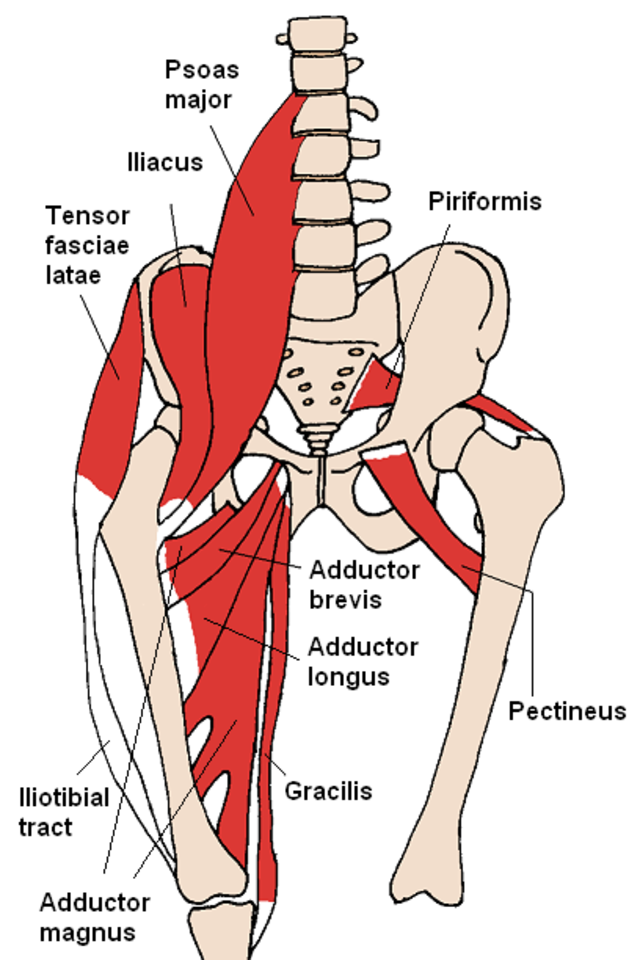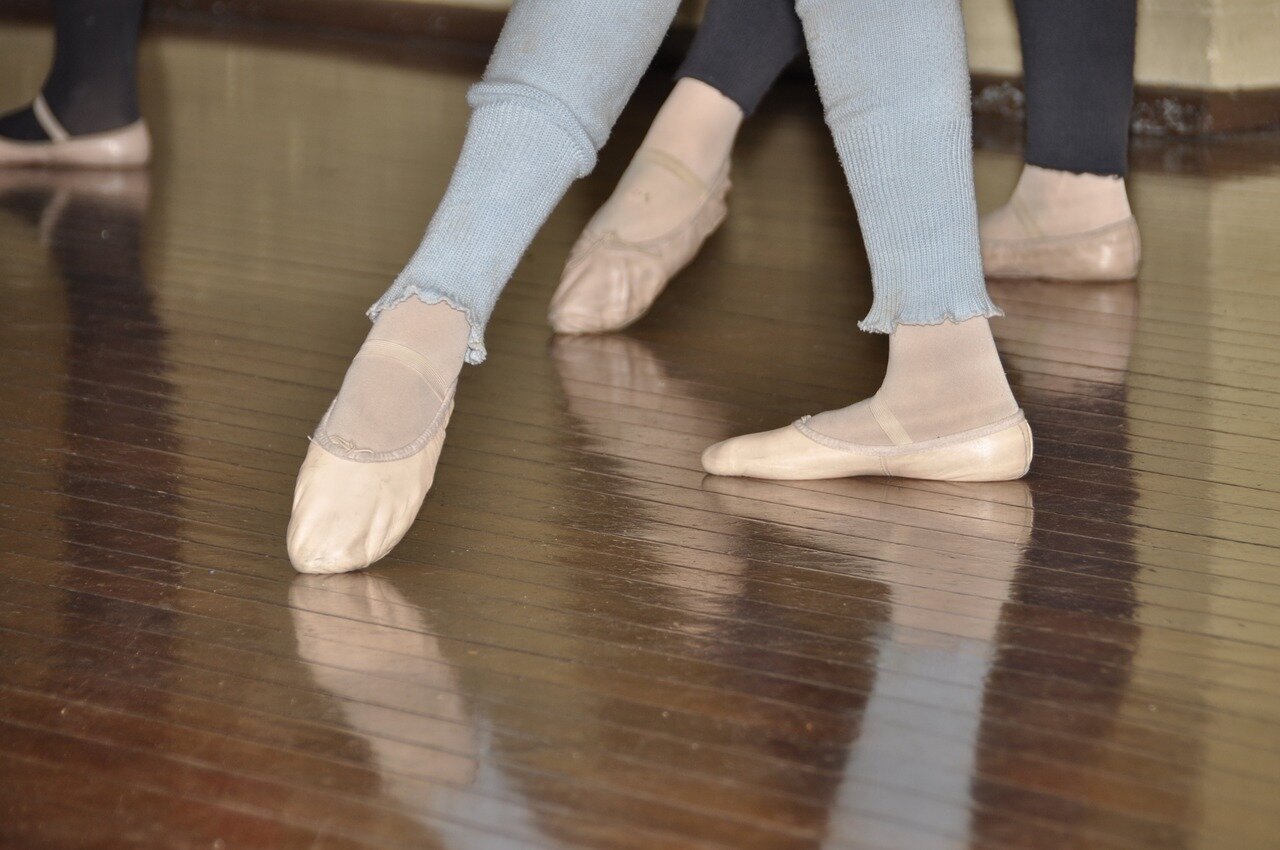Esther Yu
/Editor in Chief at Acro Collective, avid reader and dancer, future JD.
When I entered my Masters program in English literature, the fall of 2013, I was fresh from college and determined to blaze through the next two years toward a PhD program without a backward glance. My goals were simple: get in, get out, become an expert in the two years between. I didn’t expect to have much time for distractions. Though I had loved dancing since I was five, I took a look around the sleepy little college town I’d landed in and decided two things: I had to drive myself forward with a single purpose to succeed, and there probably wasn’t a dance scene here anyway.
I expected grad school to change my life, and it did—but not in the ways I expected, and not in ways that I really liked. My whole intense-drive-toward-success thing lasted about a week. After that, I still worked hard, but not with the blaze of satisfaction I’d come to expect from reading and writing theory. I felt burned out almost immediately, even before I’d really kindled anything that seemed worthwhile. My imposter syndrome kept me looking over my shoulder, wondering when people would figure out I was only pretending to know things. Grad school was also a much more intensely solitary thing than I’d ever undertaken, though I did make some wonderful friends in my program. The pace felt grueling. It forced me to do things my body didn’t handle well: sitting and reading for ten hours on end, stress-eating at home or in the library, and hunching over a screen while stress-waves radiated out from my neck and shoulders. If I thought about dance at all, it was in an abstract and mournful way. I regretted the fact that I’d probably never do anything without a book in hand again. Those years of rigorous ballet training were apparently only going to be good for keeping my posture decent as I typed and sipped coffee. I missed the rehearsals I’d gone to in college, that easy camaraderie that built over long hours on the marley.
One day, something shifted. I realized, bent over some book or another, that I didn’t really love what I was doing, and maybe a literature PhD wasn’t in my future after all. To ward off the panic attack that threatened to accompany that realization, I began thinking about what that meant for the more immediate future. I couldn’t sustain my pace and focus much longer—it was getting ridiculous, and I was about to break under the strain. I needed to get away from the bubble of my department and my work, if only for a moment. So I clicked “attending” on an event I had randomly found: an undergraduate hip hop dance workshop.
I am a ballet dancer by training and at heart. At that point, my hip hop experience was meager and pretty embarrassing, some dabbles in Chicago and not much else. I showed up, the lone grad student, and stood off to the side until a couple of girls approached me to chat. We warmed up, we learned choreo, and I felt the familiar reassurance of my own body reinvigorating me. Though I usually hate when my yoga teacher drones on about living in the body’s moment, I really did feel that again. I became addicted to this blend of the familiar and unfamiliar, because I was allowed to be a beginner in hip hop in a way that school didn’t allow. Here, it was ok to admit I didn’t really know what I was doing yet.
When I auditioned for and got into Akademix, a choreo-focused competitive crew on campus, I cried with happiness and relief. Not only was it validation for a skill set that was still new to me, but it was also a reassurance that I was beginning to build a life for myself outside the demands of my academic work. I had a new community that, like many dance communities I have known, welcomed me with love and open arms, taught me, and only asked that I give openly of my effort.
That effort began to pay dividends as I grew and fell in love with my new role and my new family. They didn’t know what my work/school life was like, and so I was able to gently unclench my nervous grip on that and leave it at the door. Admitting that I was not an expert in hip hop choreo, and being relieved of the burden of being one, was a tremendous change from other areas in my life—where I had lived with an unrelenting sense of the need for immediate competence and constant achievement. I felt relaxed and at home in dance, in a way that also left me freer and happier in other areas of my life. Things began to fall into place, and with the knowledge that I had an escape and a release, I was able to transfer some of that confidence and ease into my working life.
At the beginning of my program, I had tried to cast dance aside (along with caring for my physical and emotional well-being). The enormity of that mistake hit me fully as I sat on the plane to Dallas with my team all around me, talking excitedly about our upcoming competition at World of Dance. I was set to graduate from my program just one week after our return, and these two events intertwined to mark a beautiful culmination that was more than writing a thesis, or taking the stage. I had gained so much from that relatively short time with my new dance family, and that included the important feeling of acknowledging that I always had something to learn. That there was always room to grow.
















